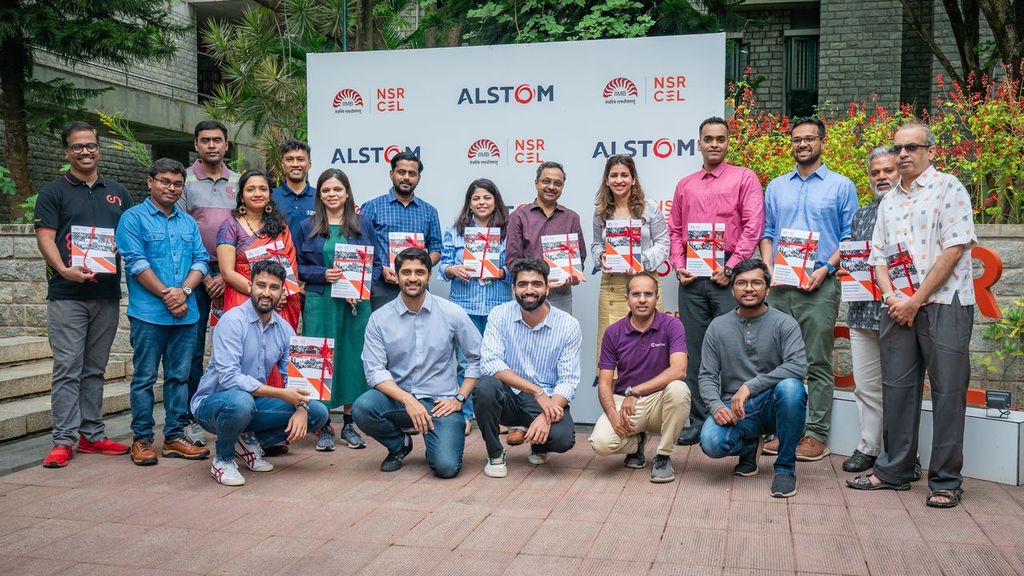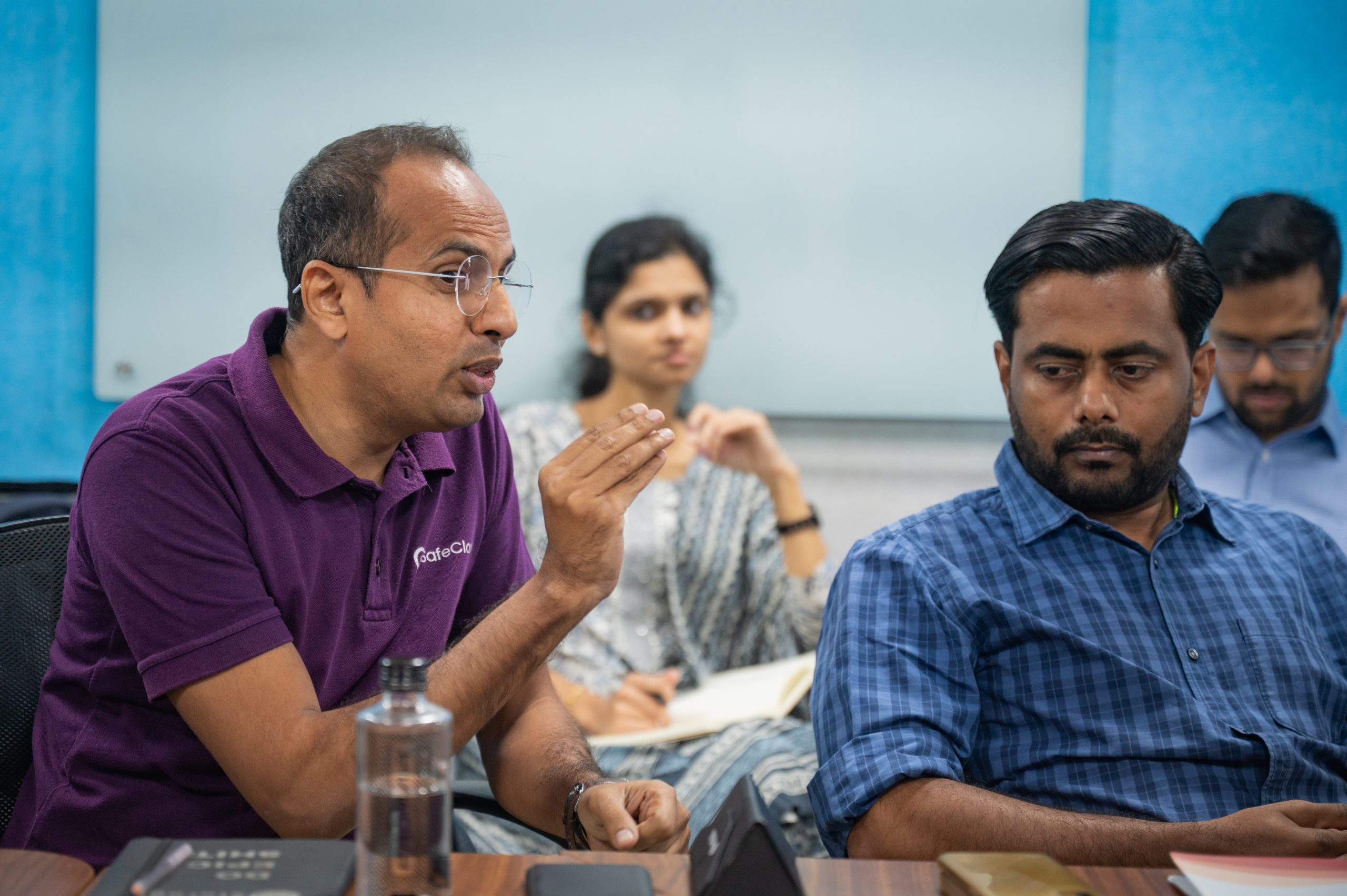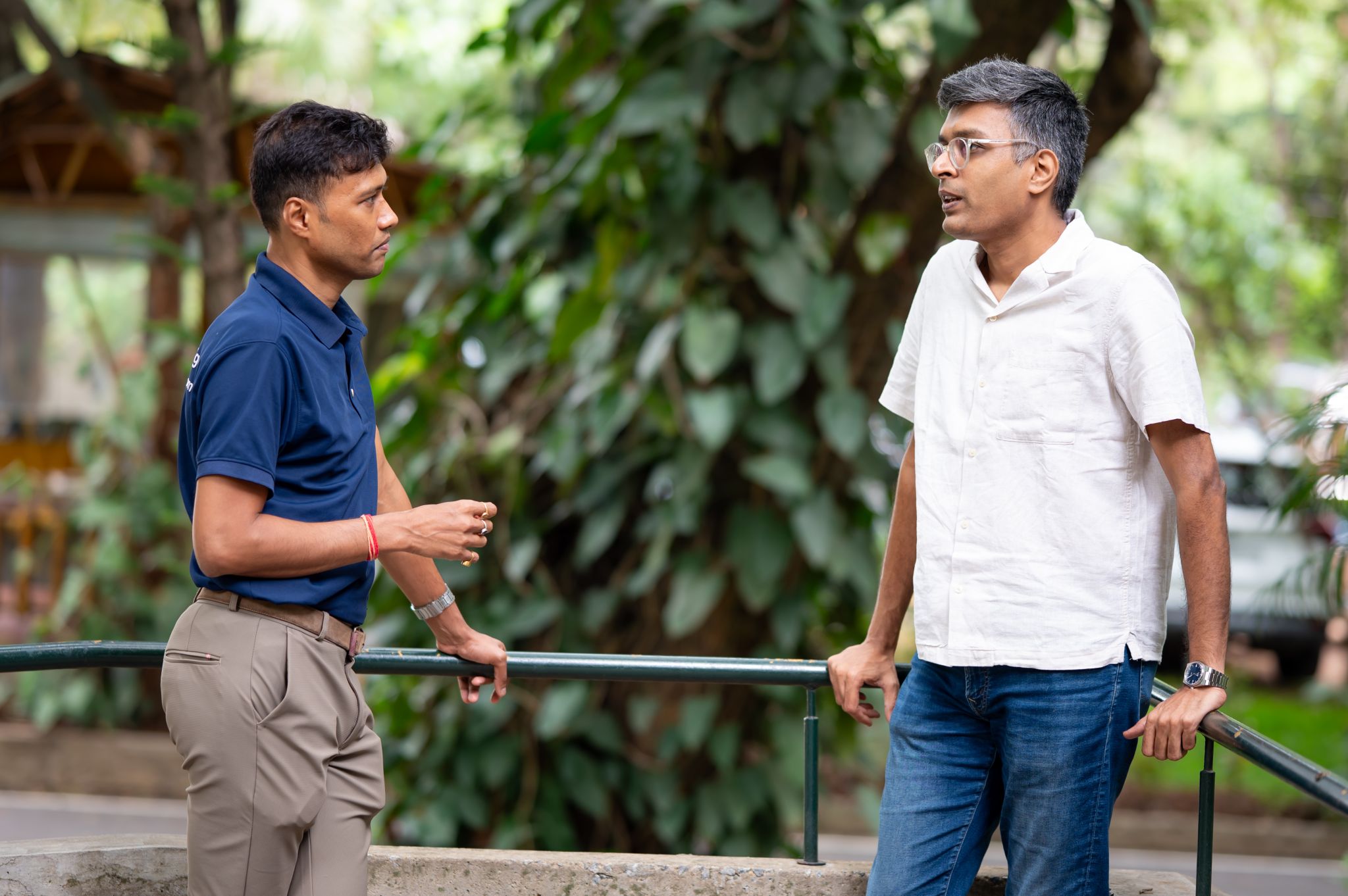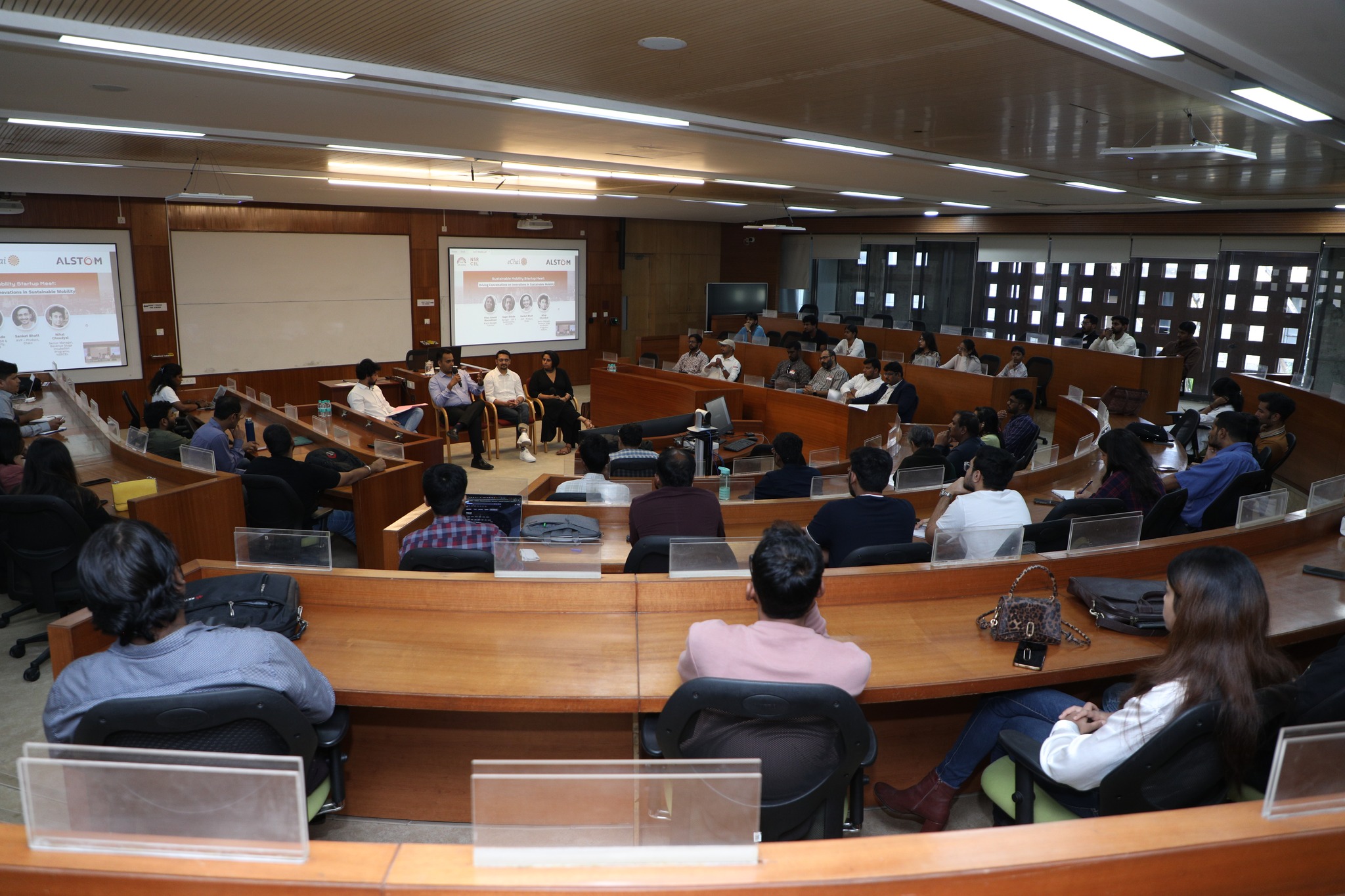From startup ideas to real-world impact: NSRCEL’s mission to transform India’s mobility landscape
Every morning, millions of Indians inch through traffic jams, breathing air thick with emissions. But behind the scenes, a new generation of innovators is working to change how India moves. As the startup incubator of IIM Bangalore, NSRCEL has spent over two decades empowering entrepreneurs to turn bold ideas into thriving businesses. Its ecosystem brings together 100+ mentors across disciplines, 20+ industry partners, and a vibrant community of founders and investors united by the spirit of innovation.

In FY 2024–25 alone, ventures incubated at NSRCEL raised over ₹134 crore in combined funding, a testament to the centre’s commitment to nurturing scalable, impactful businesses. From hands-on mentorship and curated investor connects to structured accelerator programmes and industry collaborations, NSRCEL provides the critical tools and connections founders need to grow.
At the heart of this transformation lies NSRCEL’s Sustainable Mobility Incubation Programme, developed in partnership with Alstom, which is nurturing startups building the future of clean, efficient, and accessible transport.

This programme’s focus goes far beyond electric vehicles. It’s a first-of-its-kind ecosystem that encompasses entrepreneurs across the entire mobility spectrum, from green manufacturing, mobility infrastructure, alternative fuels, renewable energy, logistics and supply chains, and vehicle technologies. What makes it unique is its hands-on incubation model: a structured six-month programme that combines mentorship, policy navigation, and real-world validation to help founders take ideas from prototype to market.
A Vision for Transformative Change
The vision behind this programme is both ambitious and clear, to build a pipeline of purpose-driven innovators who can lead India’s transition to low-carbon mobility.
Traditional approaches to transport reform often move slowly. Startups, however, bring speed, adaptability, and experimentation, qualities essential to tackling a rapidly evolving climate crisis. NSRCEL’s programme taps into that entrepreneurial energy, helping founders pilot and iterate solutions in live environments while connecting them with policymakers, investors, and industry experts.
Alstom’s global expertise in sustainable transport, combined with NSRCEL’s two-decade track record in startup incubation, has created a model that’s both impact-oriented and scalable. It ensures that great ideas don’t just remain prototypes on paper but turn into practical, deployable solutions that can make India’s mobility landscape cleaner and more inclusive.
“Our vision was to create an ecosystem where young ventures can test, refine, and scale their solutions for sustainable mobility,” says Anand Sri Ganesh, CEO, NSRCEL.
Where Innovation Meets Impact
Since its launch, the Sustainable Mobility Incubation Programme has supported over 55 startups, with 14 currently incubated across diverse sectors from shared mobility and EV manufacturing to renewable energy integration and logistics efficiency.

Among them are ventures like:
- MetroRide, simplifying first-and-last-mile connectivity to metro stations and e-rickshaws through AI-driven electric mobility solutions.
- Evoride Motors, advancing the design and manufacturing of electric two-wheelers built for gig economy workers, logistics, and delivery aggregators with a swappable battery.
- Epick Bikes, developing eco-friendly e-bicycles, models that combine durability with clean energy for daily use.
- Tadpole Projects, retrofitting conventional vehicles into electric ones to extend their lifespan sustainably.
- The Energy Company, developing AI-powered battery management systems and energy storage solutions for India’s critical commercial and mobility infrastructure
So far, 22 startup ventures have collectively received ₹3 crore in grant funding, empowering them to scale their ideas beyond labs and into cities across India.
The growing interest in each cohort underscores the programme’s credibility: from 344 applications, 22 ventures joined the second batch; from 286 applications, 15 were selected in the third cohort. These numbers reflect not just reach but reflects the expanding credibility as a national platform for climate-tech and sustainable mobility, and entrepreneurship.
The Power of Collaboration
What sets NSRCEL apart is its end-to-end approach from the equity-free incubation to scaling. Startups are guided through every stage from concept validation and business model refinement to navigating government schemes and sustainability certifications.
By connecting startups directly with corporate partners, research labs, and mobility experts, the programme helps founders avoid common pitfalls and align their innovations with real-world needs. This ensures that each solution is not only technologically sound but also economically viable and socially relevant to build a sustainable business.
One of the most powerful aspects of the initiative is how it turns sustainability from a buzzword into a measurable outcome, with 200+ hours of individual mentoring, 42 ventures incubated, 12+ sectors focused on climate, and more. Whether it’s reducing emissions, improving last-mile accessibility, or creating green jobs, each startup contributes to a shared vision of cleaner, more efficient cities.
Shaping the Road Ahead
India’s mobility sector is at a crossroads. With urban populations swelling and carbon emissions on the rise, the need for sustainable, scalable, and smart transport systems has never been greater. NSRCEL’s partnership with Alstom represents a blueprint for how academia, industry, and entrepreneurship can collaborate to drive lasting impact.

Each new venture emerging from the programme brings the nation a step closer to realizing its clean mobility ambitions. As more innovators graduate from NSRCEL’s programme, the impact will ripple across India’s cities, highways, and industries, making every commute cleaner, every vehicle smarter, and every step towards sustainability a little faster, especially India’s target to reach net-zero by 2070.
